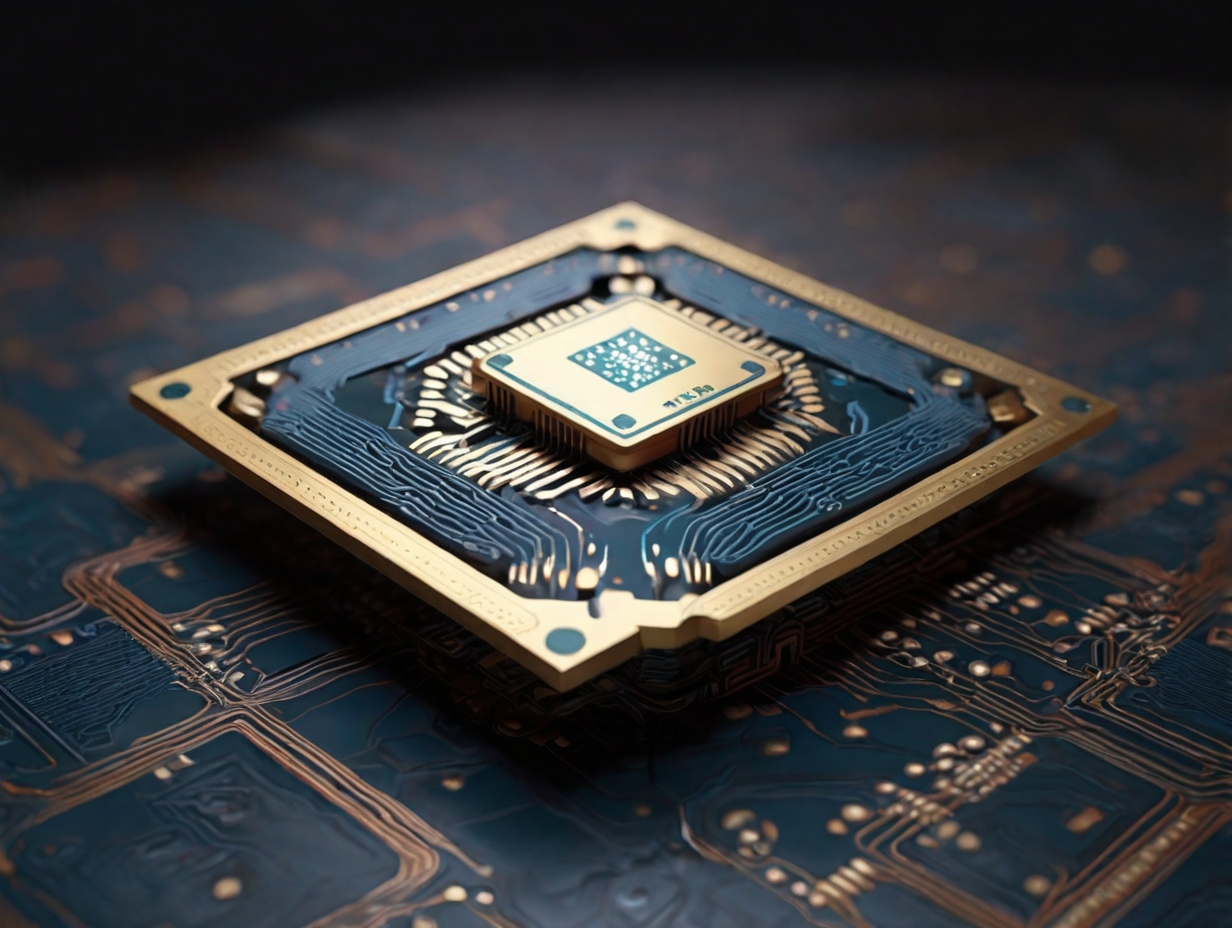
The latest Nvidia AI chips used by China for its research institutes and universities were recently sold through resellers. The resellers managed to obtain high-end AI chips from the the U.S. despite the U.S. widening the ban prohibiting sales of such technology last year.
According to Reuters’s review of hundreds of tender papers, China’s supercomputer firms won the high-performance Dell Technologies Inc. products. These products were produced by Super Micro Computer Inc. and Gigabyte Technology Co Ltd. and have contained Nvidia’s latest chips worldwide for at least three weeks since the U.S. announced an expansion of the embargo on November 17.
Chinese entities’ acquisition through resellers
The servers obtained included some of Nvidia’s top chips mentioned in the earlier historically unreported tenders up to the period between November 20 and February 28. Though the USA blocks the export of Nvidia and its Chinese partners’ chips meant for use in 3A chips or above to China, buying and selling other chip types is not immoral in China.
The 11 outlets where the chips were sold were just little-known Chinese supermarkets. It was unknown whether they used up supplies before the U.S. imposed stringent new reforms on chip exports in November.
Although Reuters managed to reach Nvidia concerning the tenders, they mentioned that those two tenders specifically require previously exported products widely available before the embargo was to be used. According to the leader of communication, however, they do not detail who, out of all the partners, should be sanctioned, and the share that such products represent is an undetectable fraction of the ones worldwide.
The buyers’ group included the Chinese Academy of Sciences, Shandong Artificial Intelligence Institute, Hubei Earthquake Management Agency, Shandong and Southwest universities, a science and tech investment firm belonging to the Heilongjiang provincial government, a state-owned aviation research centre, and a space science research centre.
The buyers’ group included the Chinese Academy of Sciences, Shandong Artificial Intelligence Institute, Hubei Earthquake Management Agency, Shandong and Southwest universities, a science and tech investment firm belonging to the Heilongjiang provincial government, a state-owned aviation research centre, and a space science research centre.
Normally, we would get responses from Chinese buyers and small batch sellers who are likely to be responsible for the selling or buying process.
Washington (US)- based partner Daniel Gerkin from the law firm Kirkland & Ellis stated that the Nvidia chips might have been diverted to China without the manufacturer’s knowledge, as they have been curtailed, making visibility to suppliers very difficult.
If the manufacturer had done the required due diligence,
“it appears almost impossible for the U.S. government to file formal charges as there is not enough evidence.”
Strategic impact
According to the earlier statement by the United States Department of Commerce cited by Reuters, the Department cannot comment on any actual investigations. Still, the Bureau of Industry and Security, its federal agency, monitors any infringement of restricted chips, conducts end-use checks, and considers any possible breaches.
The spokesperson added that one of the main functions of officials is to investigate any alleged offenses, including using film-producing shell companies.
Nvidia says that systems built with its graphic processing units, resold by third parties and used in non-restrictive U.S. laws, must oblige the latter.
The spokesperson said,
“should it turn out that any of the merchandise involved in this transaction was subsequently resold contrary to U.S. export control laws, we will be taking remedial steps in close cooperation with our customers.”
Super Micro claimed that the company had met all the requirements created by the U.S. government regarding GPU systems. These systems are used in some regions and by some countries for the export and sale of which licenses are required.
“Throughneath our own internal control mechanism, we will monitor that no other party has exported or reexported without the needed licenses and then properly investigate and accordingly reaccuse,”
it elaborated.
Clare Locke has written to Reuters on behalf of Super Micro and on this occasion, can attest that Super Micro goes far beyond the call of duty as regards what the export restrictions demand. Indirectly and directly, Super Micro ensures compliance with its customers and its suppliers.
Regarding pushing the potential tender, which represents “older generation or general-purpose” servers, Super Micro has clearly expressed that the products are not the latest versions to be a large used in China before the export control requirements. The offered suppliers of high-version non-known Supermicro have also been identified.
Alex Fetanat of Dell stated that the organization could not find components using the restricted chips the named interference entities provided in its laptop shipments. Nevertheless, the organization will continue its investigations.
“Our distributors and resellers must adhere to all global agency and controls rules. If any of our distributors and resellers are found not to be compliant with the mentioned obligations, we take the appropriate measures, including terminating the relationship,”
The spokesperson said.
An accused person or company who violates U.S. export regulations can face lawsuits (civil or criminal) in the U.S. and receive penalties as high as hundreds of thousands of dollars or even up to twenty years of jail sentencing.
